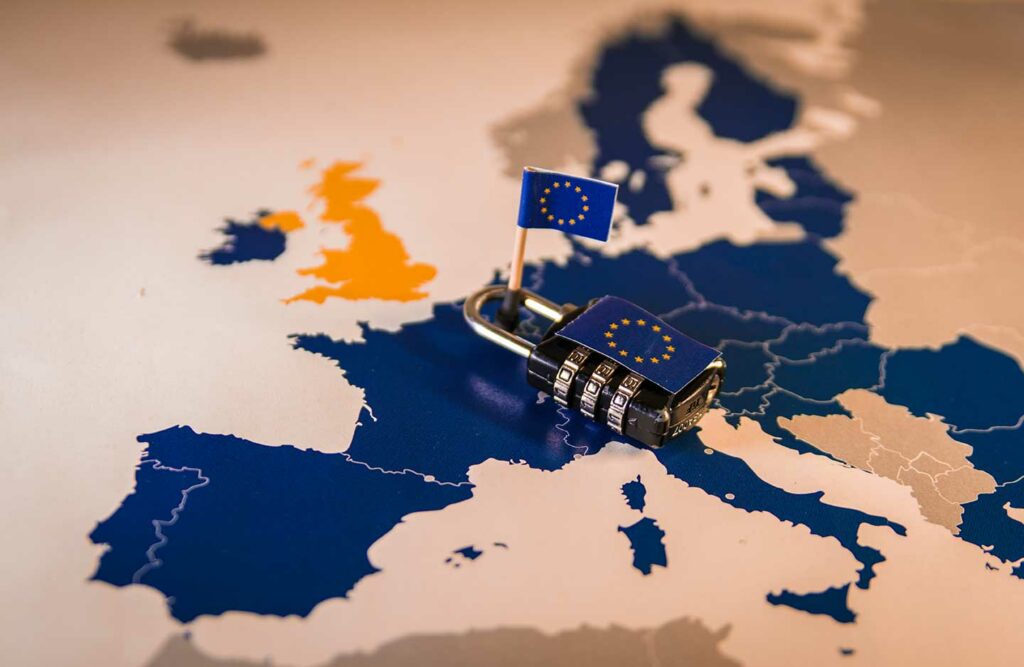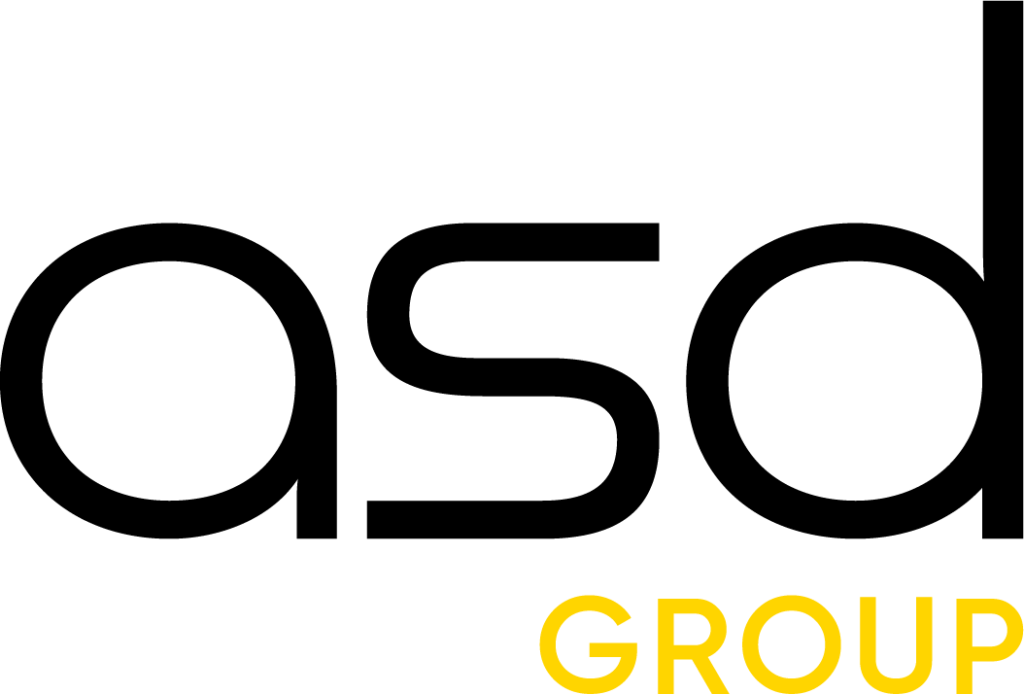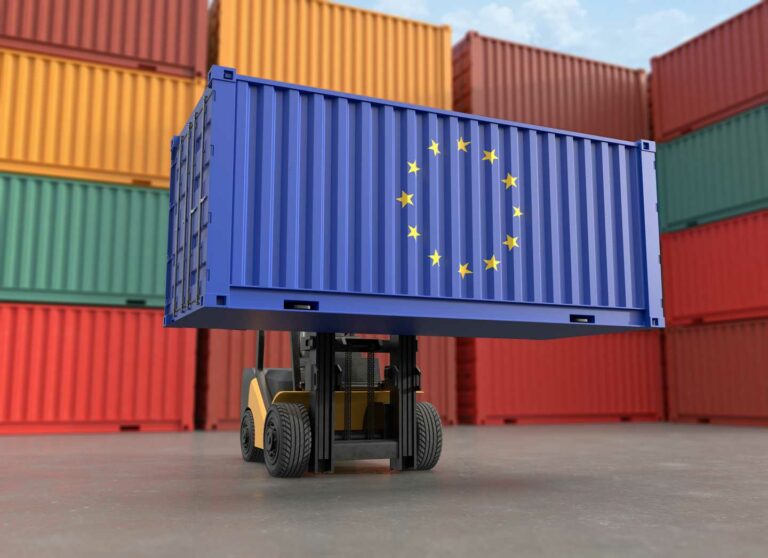Find out why expanding internationally is essential to a company’s strategy.
The corporate strategy is specific to each structure and is essential for establishing a good organisation within the company. It defines the objectives to be achieved in the long term and sets the guidelines for achieving them. In this way, it determines the vision and mission of a company.
Every company needs a strategy to sustain its business and grow. Nowadays, more and more companies are conquering international markets. International development is actually an important phase in the life of a company. It is one of the surest ways to grow your business and increase your reputation. However, going international requires a business strategy and the right support. How to develop your business internationally?
Business strategy for international development
For any company considering outsourcing for its international development, a good strategy must be put in place. Indeed, setting up abroad cannot be improvised. For the success of the entrepreneurial project, certain steps must be taken.
How to set up abroad?
The first step in developing your business internationally is to choose the right location. This choice depends on strategic constraints (the responsibility and involvement that the company director wishes to have), commercial constraints (the product policy that the director wishes to adopt) or legal constraints.
Thus, several options can be envisaged for setting up in a territory and developing its activities internationally.
Setting up a company internationally
Because of its activity, a company may need to establish itself physically in another country. It will therefore opt to set up a company. This method of establishment consists of setting up a physical presence in the foreign country concerned. The company will thus have a permanent establishment with its own legal status.
However, setting up a business in a foreign country requires a number of administrative steps and procedures to be carried out, such as drawing up a business plan, carrying out market research, etc. The formalities to be carried out differ according to the country chosen for setting up the business. However, the formalities to be completed differ depending on the country chosen for the establishment of the company.
Company domiciliation
For an entrepreneur who wishes to set up abroad, the choice of a registered address for his company is fundamental. Domiciliation is an economical alternative to setting up a business. It allows the company to develop its activity in the target country or countries without having a physical establishment. The company will simply need to have a postal address in the said countries.
Thus, the domiciliation corresponds to the administrative, legal and fiscal address of the company. This address will appear on all the company’s documents such as invoices.
For the registration of his structure, the company director must therefore declare a physical address for his registered office. This is compulsory, regardless of the company’s legal status, size and activity.
Appointing a fiscal representative or agent
The appointment of a fiscal agent or representative is a simple and cost-effective alternative for companies wishing to expand into new markets in the EU.
In some cases, it is more advantageous for companies to opt for the latter method of establishment. Indeed, the appointment of an agent or a fiscal representative makes it possible to have a presence in Europe without having to create a structure. In this way, the company reduces the costs and constraints associated with setting up a business.
As an intermediary, the representative or agent will take care of all the formalities and obligations of the appointing company. As a result, the business is managed entirely from abroad.
Note: the tax representative may be appointed by a company established in one of the EU Member States if it carries out transactions in another Member State. The tax representative must be appointed by companies not established in the European Union if they carry out taxable transactions in one of the EU Member States.
Formalities for international development
Regardless of the type of establishment chosen by the company, it will have to comply with the formalities associated with this type of establishment. Indeed, the procedures will not be the same if the company chooses to set up a company, to carry out a domiciliation or to designate a fiscal representative or agent.
On the other hand, legislation and formalities vary from one country to another, so it is essential to respect the regulations established in the target country in order to be in compliance and not to suffer sanctions.
To do this, the company must carry out a study of the target country in order to know all the procedures to be followed in order to carry out its activity in that territory.
Mastery of the regulations in force
Compliance

Compliance is an essential element in the development of a company. Indeed, it is essential for a company to ensure that it complies with the regulations in force in the territory in which it operates, otherwise it incurs financial and legal sanctions that can damage its reputation.
Ainsi, les entreprises qui se développent à l’international doivent s’assurer que leur organisation est conforme aux normes en vigueur, aussi bien dans leur pays d’origine que dans les pays dans lesquels elles s’implantent.
As a result, a careful study of the laws, regulations and obligations incumbent upon them must be carried out. Indeed, the company must ensure that it complies with all the rules governing its field of activity, at all levels (fiscal, legal, social, etc.)
Subsequently, the company should keep a constant watch to be informed of new regulations to which it will have to adapt to ensure compliance.
Data protection compliance: the GDPR

Any company wishing to expand internationally must comply with the regulations of the country in which it is established. One of the European regulations currently in force is the General Data Protection Regulation (GDPR).
This regulation came into force on 25 May 2018 and applies to all member countries of the European Union. It affects all companies that handle personal data (name, age, nationality, address, photo, etc.) and are:
- present on the territory of the European Union,
- established outside the EU, but whose activity is aimed at European residents.
These companies must integrate into their strategy the processing of the legal elements imposed by the European law on the RGPD, in order to ensure the protection of the data entrusted to them. In accordance with Article 27 of the Regulation, companies established outside the European Union that collect and process sensitive data from European individuals are required to appoint a RGPD representative within the EU. This representative will be responsible for ensuring compliance with the GDPR.
On the other hand, companies can appoint a Data Protection Officer (DPO). A new function introduced with the RGPD, the DPO’s mission is to organise and maintain the company’s compliance with this regulation.
Thus, outsourcing the management of the company’s compliance with the RGPD will allow you to benefit from a transversal approach including legal, organisational, technical and security specificities.
International business development
Customs operations
Customs operations are numerous and sometimes complex, which can be a real hindrance for companies wishing to expand their business. Customs administration is an important aspect of customs operations. Indeed, for each operation, declarative formalities must be respected.
Any movement of goods, whether import or export, is subject to customs formalities. Every company trading goods within the European Union must make an “EMEBI” (Enquête Mensuelle sur les Échanges de Biens intra-UE – Monthly Survey on Intra-EU Trade in Goods) declaration, formerly known as “DEB” (Déclaration d’échanges de biens – Declaration of trade in goods) in France or Intrastat in the rest of Europe.
The same applies to companies that provide services; they will have to file a European Service Declaration (ESD).
D’autre part, selon les pays, les formalités d’entrée ou de sortie du territoire peuvent varier selon le type de marchandises transportées. De nouvelles réglementations douanières sont entrées en vigueur à la suite du Brexit. Ainsi, les entreprises qui souhaitent réaliser des échanges commerciaux entre le Royaume-Uni et l’UE devront se plier aux exigences imposées par les autorités de contrôle.
To assist them in their efforts, companies can call on a registered customs representative (RCR) who will accompany them in carrying out their customs formalities and procedures, while ensuring that they comply with the rules imposed by the customs services.
They can also use the services of an Authorised Economic Operator (AEO), which will enable them to secure and simplify your international trade thanks to this European customs confidence label.
International taxation and VAT

One of the obstacles to the international development of companies is the complexity of taxation. Companies based in the European Union and non-European companies, which carry out taxable operations in an EU Member State, are liable for VAT in that country. It is therefore important to check whether the customs operations carried out by your organisation are not subject to VAT and therefore need to be declared.
However, the preparation of VAT returns requires tax registration. Obtaining an intra-Community VAT number enables recognition by the tax authorities. The entrepreneur can thus fulfil his declaratory obligations, as well as the payment of his VAT (VAT collected from customers and self-assessed VAT on suppliers). Without an intra-Community VAT number, trade between businesses in different EU Member States is not possible.
The intra-Community VAT number also enables VAT refund claims to be made and simplifies customs procedures. Companies established outside the EU and carrying out taxable business transactions in EU countries are required to appoint a tax representative in those countries. This representative will be responsible for all VAT returns of the company it represents.
EU-based companies that are subject to VAT can make their own declarations. However, due to the complexity of the procedures, they can appoint a representative to carry out the formalities relating to their tax obligations on their behalf. This representative is called the tax agent.
ASD Group, your support for the growth of your company abroad
For a company, the steps to follow and the steps to take to expand abroad are often quite complex. ASD Group is a partner you can count on to facilitate your company’s international growth. Our goal is to facilitate the completion of foreign and French administrative formalities related to your project. With a network of 30 agencies, we are present in 25 countries around the world and we intervene mainly on issues related to international development.
At ASD Group, we offer you rigorous, tailor-made expertise. We advise and support you at every stage of your international development. Do you want to set up your business abroad? ASD Group can help you set up your business quickly and easily in most European countries, but also outside the EU. Our experts will also help you with the domiciliation of your company in the EU or non-EU countries in which we are present.
You can also rely on us for your compliance procedures with the RGPD and the legal specificities of the country in which you wish to develop your activity. We work with a trusted partner who offers you tailor-made support. As a tax and customs firm, we specialise in intra-Community VAT and customs operations.
We assist you in all your customs and tax operations. We act as your fiscal agent or representative to help you prepare your VAT returns in complete security.
In addition, as an AEO and RCR we assist you in completing your administrative formalities by carrying out the procedures necessary for the smooth running of your international operations.
With our team of rigorous and multilingual experts, we work for the success of your international business development project.




